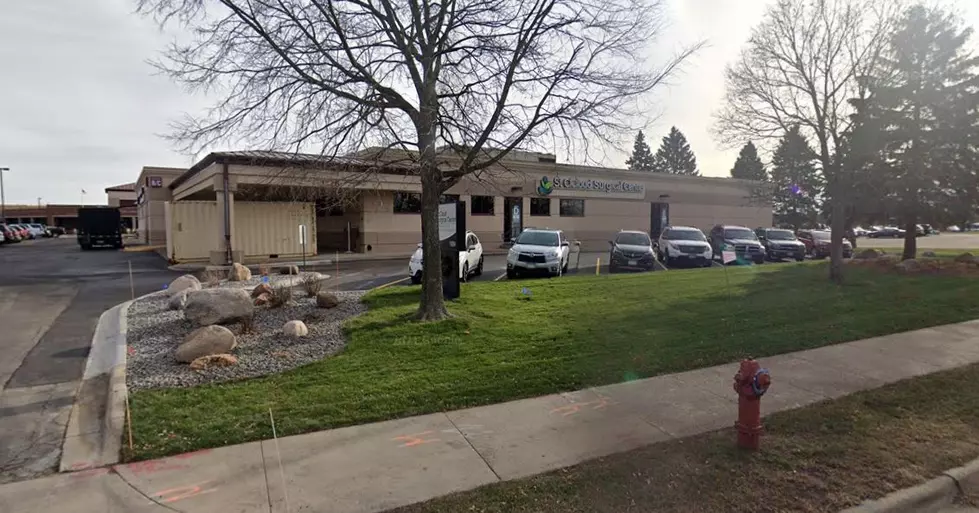![Businesses Wary of Increasing Minimum Wage [AUDIO]](http://townsquare.media/site/67/files/2011/11/minnesota_capitol_winter_GaryQ_flickr.jpg?w=980&q=75)
Businesses Wary of Increasing Minimum Wage [AUDIO]
ST. CLOUD -- For minimum wage employees, an increase in pay is a great idea, but for businesses, additional costs could make it more difficult to keep the doors open. A bill was recently introduced in the Minnesota House of Representatives that would raise the minimum wage to $9.50-per-hour -- giving Minnesota the highest wage in the country.
The American economy is slowly growing and businesses would like to see it continue to improve. Members of the food and hospitality industries are raising concerns about new costs associated with the idea.
These two industries often provide employee's with their first job. Managing Partner, Sean Mason of Texas Roadhouse in Waite Park, says increasing labor costs will have a big impact on business.
The long-term impact of rising wages on businesses is hard to predict. However, St. Cloud State Economics Professor, King Banaian says there will be effects felt in the short-term.
One thing officials don't want to see is an increase in the unemployment rate. Mason says he doesn't expect rising wages to factor into new hiring.
Currently, Minnesota has an unemployment rate of 5.5 percent. Banaian says that rate could rise, with young workers being impacted the most.
With increasing costs, companies will need to reevaluate how they do business. Mason says he sees tough times ahead.
A unique provision of the House proposal ties wages to the rate of inflation. As inflation rises, so do earnings. Banaian says questions surround the accuracy and reliability of the Consumer Price Index.
Governor Mark Dayton says he supports raising the minimum wage in Minnesota to provide workers with a "livable wage." President Obama is promoting a federal minimum wage increase to $9-per-hour. U.S. Senator, Amy Klobuchar says she looks forward to addressing the issue in Washington.
The last federal wage increase came in 2007 -- when wages increased to $7.25-per-hour. Washington state currently has the highest minimum wage in the country at $9.19.
More From AM 1240 WJON









